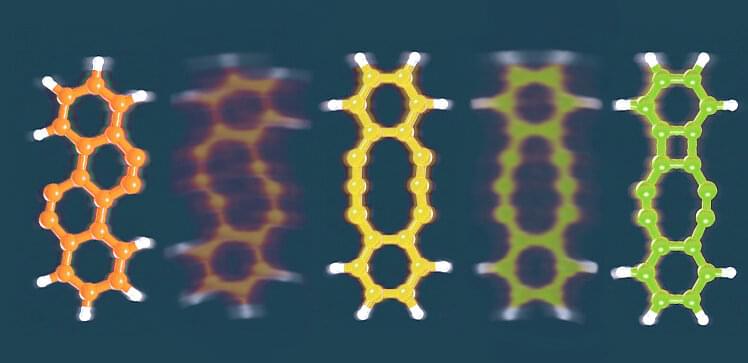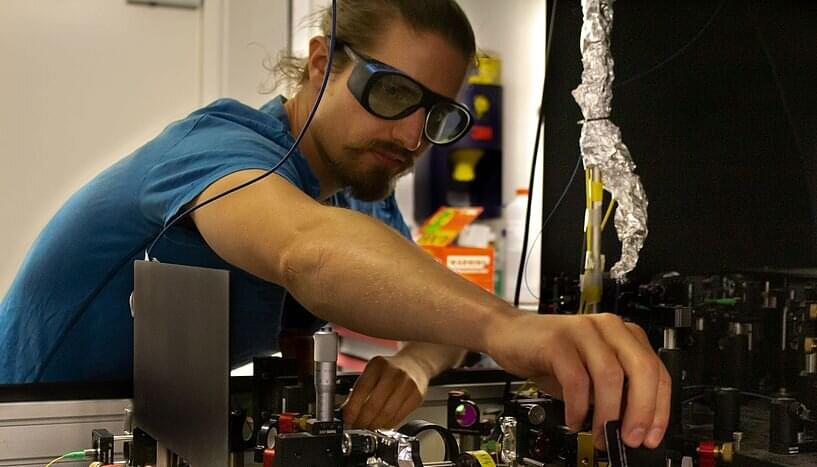A discovery made by researchers at the University of California, Irvine on how a certain protein is activated in tumor cells may lead to more effective treatments for some of the most deadly types of cancer. The finding, which was led by scientists at the School of Biological Sciences, may potentially result in treatment options for the especially dangerous melanoma and pancreatic adenocarcinoma, as well as the most common type of childhood brain cancer and adult skin cancer. The study was published in the journal Life Science Alliance.
The GLI1 protein, which is essential for cell development but has also been linked to a number of cancers, was the subject of the finding. The Hedgehog signaling pathway, also known as HH, usually activates GLI1. However, scientists have known for almost a decade that crosstalk, or interaction, between HH and the mitogen-activated protein kinase pathway, has a role in cancer.
“In some cases, proteins in one pathway can turn on proteins in another,” said lead author A. Jane Bardwell, a project scientist in UCI’s Department of Developmental and Cell Biology. “It’s a complex system. We wanted to understand the molecular mechanism that leads to GLI1 being activated by proteins in the MAPK pathway.”









